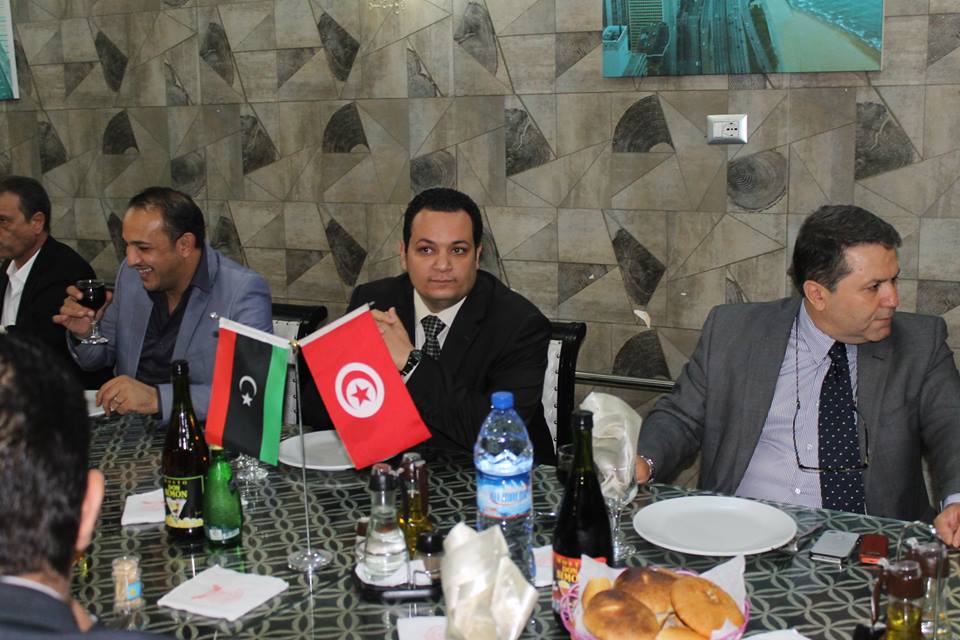By Libya Herald reporter.
Tripoli, 22 April 2015:
General National Congress new rules on local administration, are rising concerns among local municipalities. A number of . . .[restrict]mayors gathered in Sabratha for a meeting last week held by the Tripoli-based Minister of Local Government to discuss the decentralisation of certain services have expressed concerns over Regulation 37/2o15, approved by the authorities to control the local Shoura Councils of Elders and the Wise.
Under Law 59 which set up the municipality system, in addition to a municipal council each municipality has to have a Shoura Council of at least three members one of whose functions is to advise the council. It is appointed by the mayor. However, under Regulation 37, the Ministry of Local Government will now appointment of members of the Shoura Council.
At last week’s meeting, convened to address some of the obstacles that the municipalities have experienced, mayors expressed surprise at the GNC’s decision and called on it to scrap the resolution, saying that it contradicted Law 59 and the revolution’s aim of decentralising power.
For his part, the Tripoli regime’s local government minister, Mouhaned Younis, tried to convince the mayors that power and services were being decentralised.
However, the lack of funding and the continued central control of state companies providing local services was an issue at the meeting.
Cleaning companies that provide services for public buildings and locales were discussed as an example of the problems of centralised and bloated bureaucracy. The 23 companies that provide cleaning services employee a staggering 24,000 employees. Budget allocations for cleansing would clearly not be enough to pay so many staff salaries.
Now that each municipality is responsible for contracting cleansing companies on its own, the companies with the lowest number of employees can be chosen. However, the municipalities have to have enough sufficient funding to ensure the service is provided, and at present that is not the case. With the companies being state-owned, they are not in a position to demand that these decrease their employees to compete for contracts.
Other limitations to decentralisation were seen in discussions about the application of the law to public works companies. Younis explained that these companies that provide water and sewage service would remain under the Ministry of Housing and Utilities which would coordinate with the Minister of Water Resources. Local municipalities would not be responsible for these services, he said.
He blamed the current political crisis in the country for hindering in activation of Law 59. The government had not been able to collect revenues on oil exports and other forms of income, he said, and therefore did not have the funds to distribute to the municipality. Moreover, with attention directed towards the crisis, it has also not been able to monitor the budgets of the various provinces or insure accountability in auditing. [/restrict]










